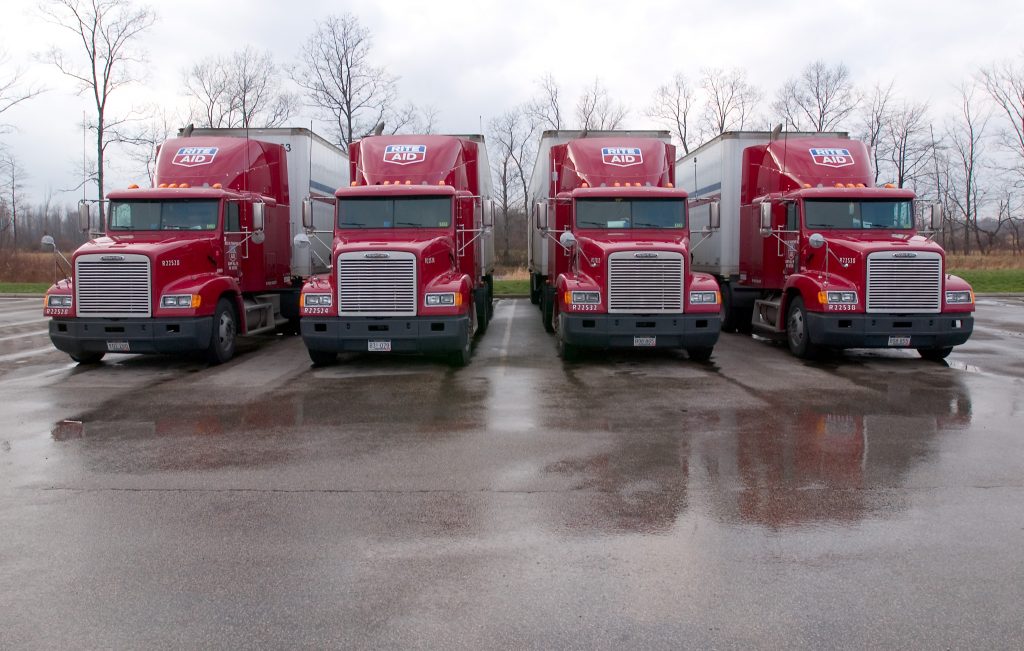 During litigation, a party may attempt to claim some form of privilege as an avenue not to produce certain evidence. There are various types of privileges that may be asserted. One that is familiar to many is attorney-client privilege. One that is not as familiar is work-product privilege. Work-product privilege is claimed in civil cases and is used to keep materials that are created in anticipation of litigation from being discovered by opposing counsel. However, to assert work-product privilege the party claiming it must be an adverse party in the lawsuit. A non-party is not entitled to work-product privilege, as Louisiana State recently learned when the Louisiana Second Circuit Court of Appeal affirmed that work-product privilege can only be claimed by an adverse party.
During litigation, a party may attempt to claim some form of privilege as an avenue not to produce certain evidence. There are various types of privileges that may be asserted. One that is familiar to many is attorney-client privilege. One that is not as familiar is work-product privilege. Work-product privilege is claimed in civil cases and is used to keep materials that are created in anticipation of litigation from being discovered by opposing counsel. However, to assert work-product privilege the party claiming it must be an adverse party in the lawsuit. A non-party is not entitled to work-product privilege, as Louisiana State recently learned when the Louisiana Second Circuit Court of Appeal affirmed that work-product privilege can only be claimed by an adverse party.
In 2011, Ramanand Naik was in a car accident on highway 84 in De Soto Parish, Louisiana. Mr. Naik was driving a Ryder box truck when a semi-truck, driven by Nathaniel Anthony, hauling a flatbed trailer carrying a boom lift veered across the center line, jackknifed, and crashed into Mr. Naik’s truck. The impact of the crash caused the boom lift to fall off the trailer and onto the cab of the Ryder truck essentially crushing Mr. Naik and his passenger, Norman Latcha. Following the accident, Naik filed a lawsuit against various parties and their insurance company. Mr. Naik did not name Louisiana State as a defendant and the named defendants did not bring Louisiana State in as a third-party defendant.
Despite being a non-party to the lawsuit, ORM was brought into the case during discovery when Mr. Naik filed a notice to have ORM produce all the documents that they had pertaining to the accident. The named defendants in the case did not oppose Mr.Naik’s request. ORM did not produce the documents leading Mr. Naik to file a motion to compel: a request to have the court force ORM to produce the documents. ORM filed a motion to quash: a request to invalidate the motion to compel and avoid producing the documents asserting the documents were protected by the work-product privilege. The First Judicial District Court for the Parish of Caddo, Louisiana denied ORM’s motion, requiring the production of the documents based on ORM’s non-party status thus the lack of available work-product privilege.
 Louisiana Personal Injury Lawyer Blog
Louisiana Personal Injury Lawyer Blog


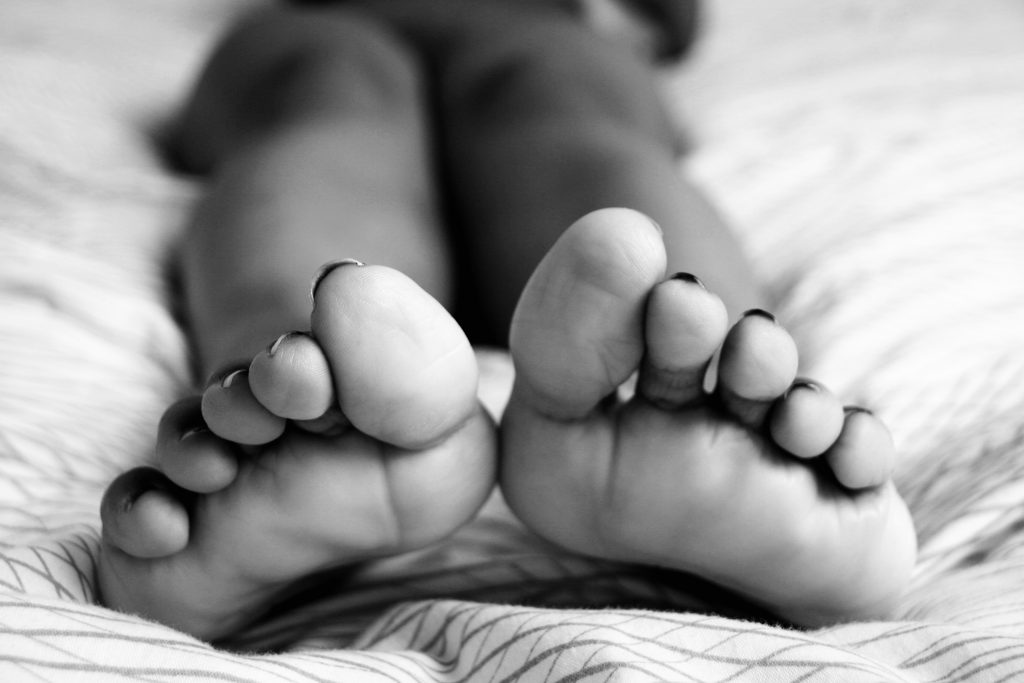 As if having car troubles was not bad enough, imagine also losing your toe in the process. Well, that exact scenario happened to Valerie Babin. After her vehicle broke down in Gonzales, Louisiana, Ms. Babin called American Towing Enterprises to tow her vehicle. An American Towing Enterprises’s employee, Floyd Russo, arrived to help Ms. Babin. At this point, Ms. Babin’s day went from bad to worse. As Mr. Russo partially loaded the vehicle onto the truck’s flatbed, Ms. Babin went to turn off her vehicle’s emergency flashers. At the same time, Mr. Russo lowered the truck bed, which landed on Ms. Babin’s foot, crushing her big toe. Despite attempts to save her big toe, Ms. Babin eventually required surgery to remove it.
As if having car troubles was not bad enough, imagine also losing your toe in the process. Well, that exact scenario happened to Valerie Babin. After her vehicle broke down in Gonzales, Louisiana, Ms. Babin called American Towing Enterprises to tow her vehicle. An American Towing Enterprises’s employee, Floyd Russo, arrived to help Ms. Babin. At this point, Ms. Babin’s day went from bad to worse. As Mr. Russo partially loaded the vehicle onto the truck’s flatbed, Ms. Babin went to turn off her vehicle’s emergency flashers. At the same time, Mr. Russo lowered the truck bed, which landed on Ms. Babin’s foot, crushing her big toe. Despite attempts to save her big toe, Ms. Babin eventually required surgery to remove it.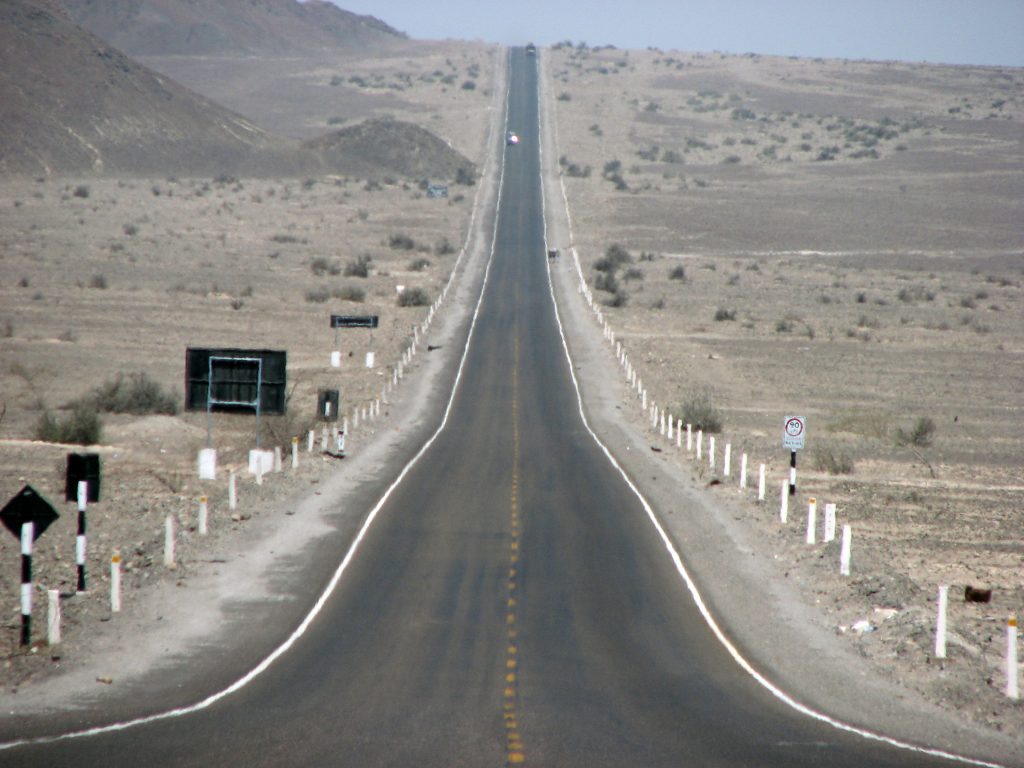 Employees can pit employers against each other just like children do with parents. If permission is limited by one person the employee/child will simply repeat their request to the other party. What an employee is permitted to do can be ambiguous. In a recent automobile accident case out of Shreveport however, the Louisiana Second Circuit Court of Appeal affirmed that employer “permission” in Louisiana provides a wide berth to an employee and can result in unexpected liability.
Employees can pit employers against each other just like children do with parents. If permission is limited by one person the employee/child will simply repeat their request to the other party. What an employee is permitted to do can be ambiguous. In a recent automobile accident case out of Shreveport however, the Louisiana Second Circuit Court of Appeal affirmed that employer “permission” in Louisiana provides a wide berth to an employee and can result in unexpected liability. 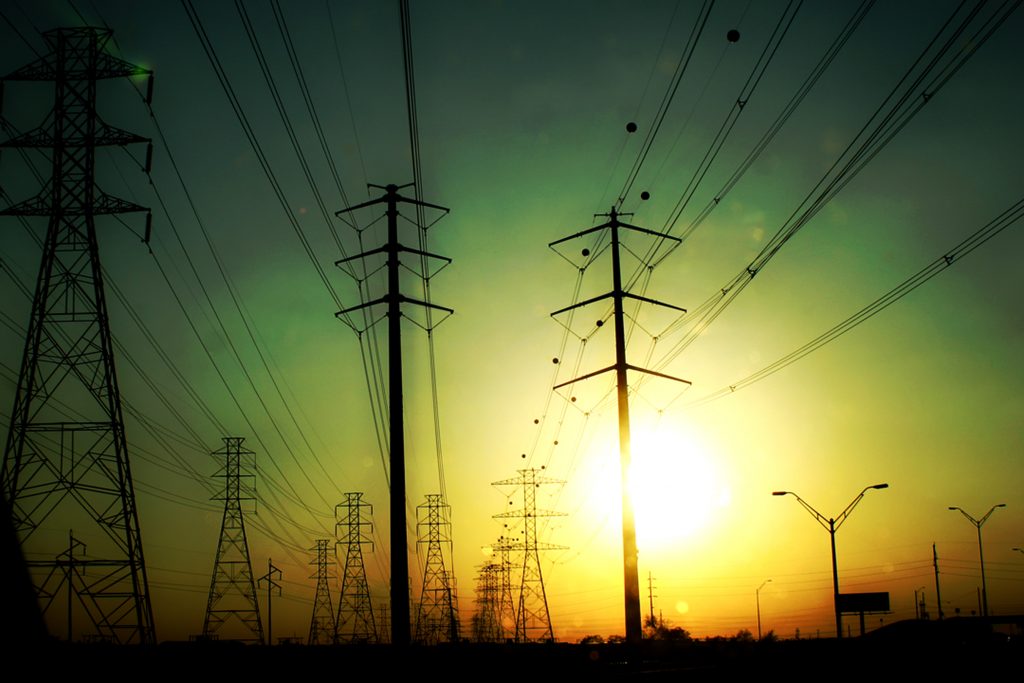 When an employee is injured on the job they often have extensive medical bills and less money to pay those bills because they may not be able to work. While workman’s compensation, insurance, and disability benefits are available to cover those costs, there is another form of compensation available to those who are injured as a result of negligence or other bad acts. The injured party can file a lawsuit against those responsible. Of course, there are often questions surrounding who is in fact legally responsible, e.g., for maintenance of a job site, and it takes an experienced lawyer to navigate such complicated legal questions.
When an employee is injured on the job they often have extensive medical bills and less money to pay those bills because they may not be able to work. While workman’s compensation, insurance, and disability benefits are available to cover those costs, there is another form of compensation available to those who are injured as a result of negligence or other bad acts. The injured party can file a lawsuit against those responsible. Of course, there are often questions surrounding who is in fact legally responsible, e.g., for maintenance of a job site, and it takes an experienced lawyer to navigate such complicated legal questions.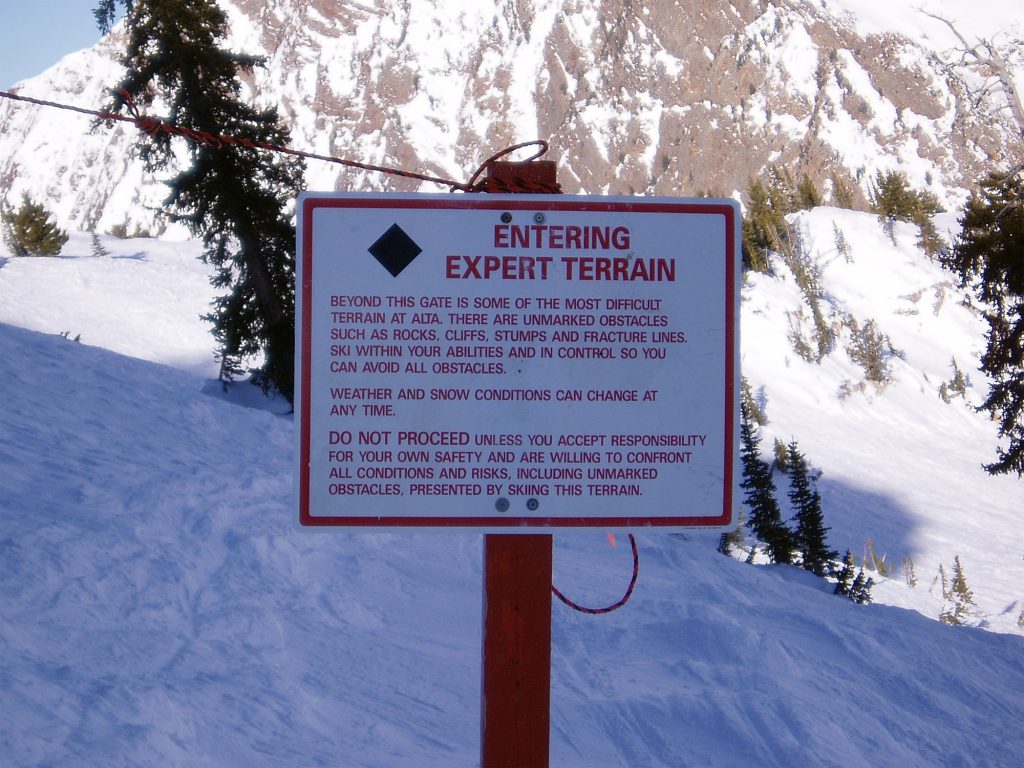 When asserting a cause of action or maintaining certain legal defenses in court, parties bear the burden of proving their case. This is done by presenting evidence to the court such as documents and witness testimony. Often, certain issues will require the court to make findings of fact which require scientific expertise or specialized knowledge. Expert witnesses assist the trial court in understanding complex issues of fact that could be determinative to the outcome of a case. A recent decision discusses how a court qualifies experts and utilizes their testimony.
When asserting a cause of action or maintaining certain legal defenses in court, parties bear the burden of proving their case. This is done by presenting evidence to the court such as documents and witness testimony. Often, certain issues will require the court to make findings of fact which require scientific expertise or specialized knowledge. Expert witnesses assist the trial court in understanding complex issues of fact that could be determinative to the outcome of a case. A recent decision discusses how a court qualifies experts and utilizes their testimony.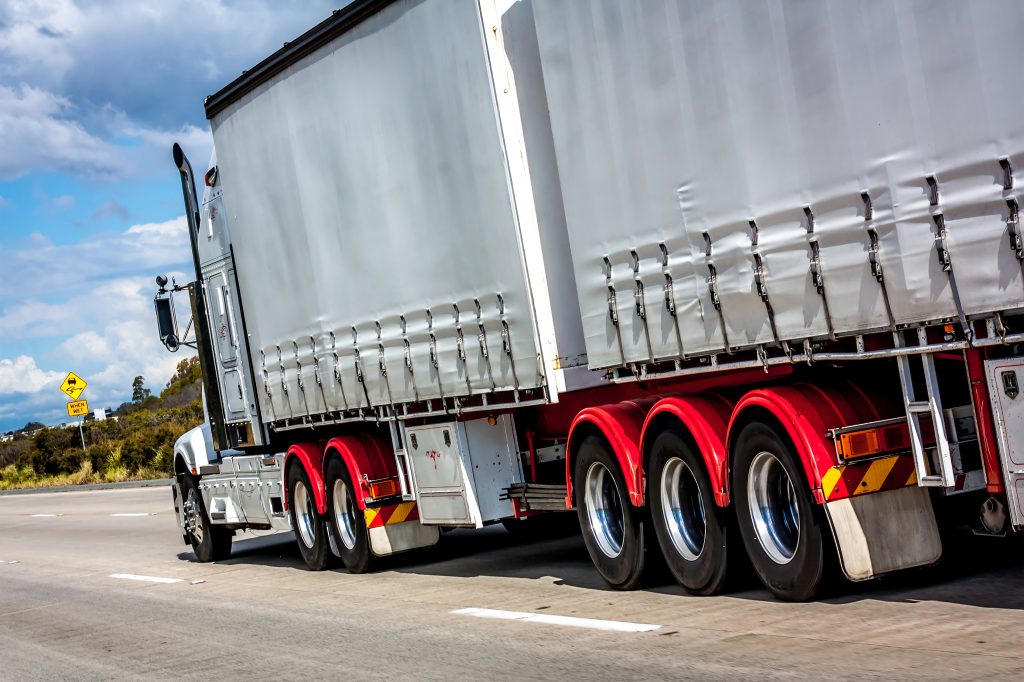 You are driving down a highway in Louisiana minding your own business when all of the sudden an eighteen wheeler pulls out of nowhere. BAM, you slam into the side of it, your back aches, your car is wrecked and now you are involved in a lawsuit. Who is at fault for this unfortunate circumstance? While this might seem like a no brainer many times great car accident lawyers will argue that the driver who was just driving down the road somehow caused the accident. The following case out of Port Allen, Louisiana demonstrates how the Courts assess liability when accidents happen between cars traveling down the highway and those that are entering into the highway.
You are driving down a highway in Louisiana minding your own business when all of the sudden an eighteen wheeler pulls out of nowhere. BAM, you slam into the side of it, your back aches, your car is wrecked and now you are involved in a lawsuit. Who is at fault for this unfortunate circumstance? While this might seem like a no brainer many times great car accident lawyers will argue that the driver who was just driving down the road somehow caused the accident. The following case out of Port Allen, Louisiana demonstrates how the Courts assess liability when accidents happen between cars traveling down the highway and those that are entering into the highway.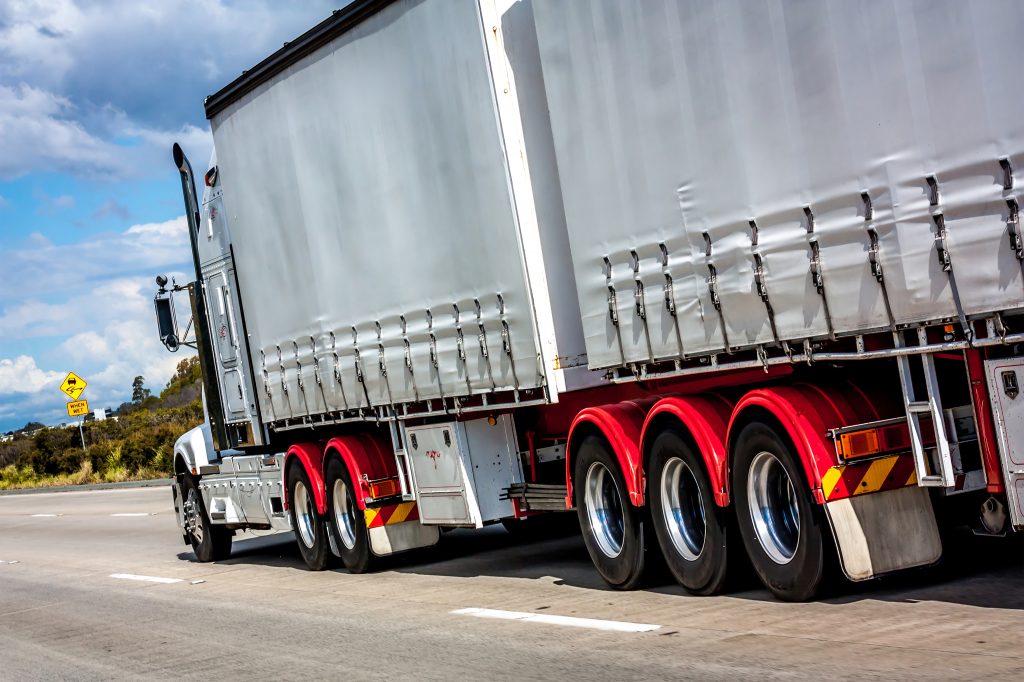 Renting a U-Haul truck can be a necessary burden when you are tasked with moving a lot of stuff from place to place. During the rental process you might be asked whether or not you want supplemental insurance policies. But who do you sue when an accident happens? In the following case out of New Orleans, Louisiana one plaintiff finds out who definitely cannot be sued when a U-Haul and Fedex truck collide.
Renting a U-Haul truck can be a necessary burden when you are tasked with moving a lot of stuff from place to place. During the rental process you might be asked whether or not you want supplemental insurance policies. But who do you sue when an accident happens? In the following case out of New Orleans, Louisiana one plaintiff finds out who definitely cannot be sued when a U-Haul and Fedex truck collide.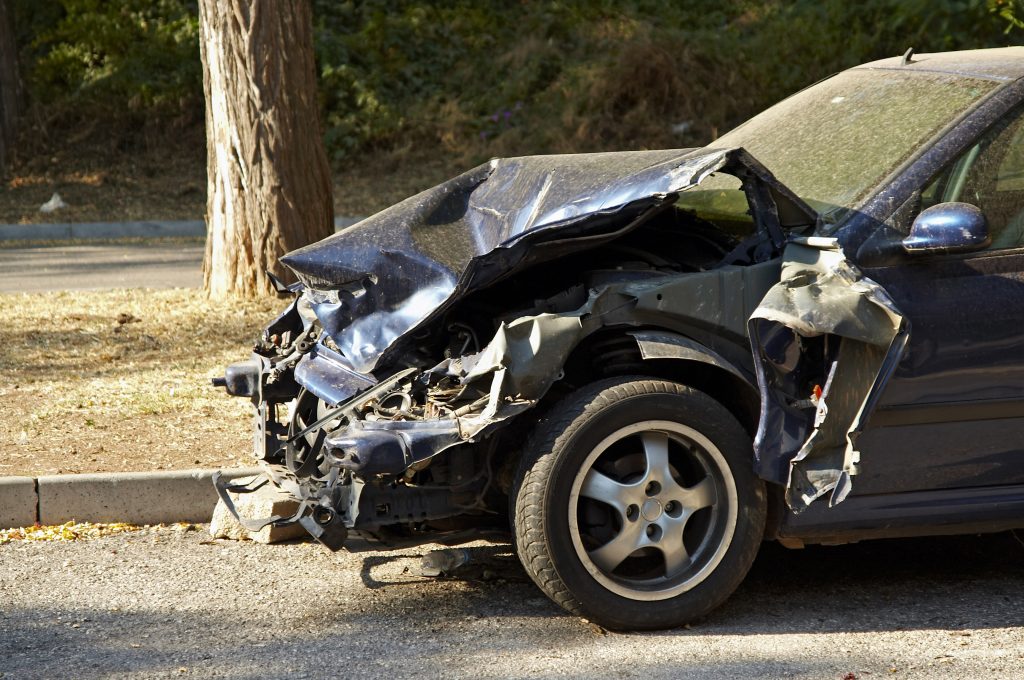
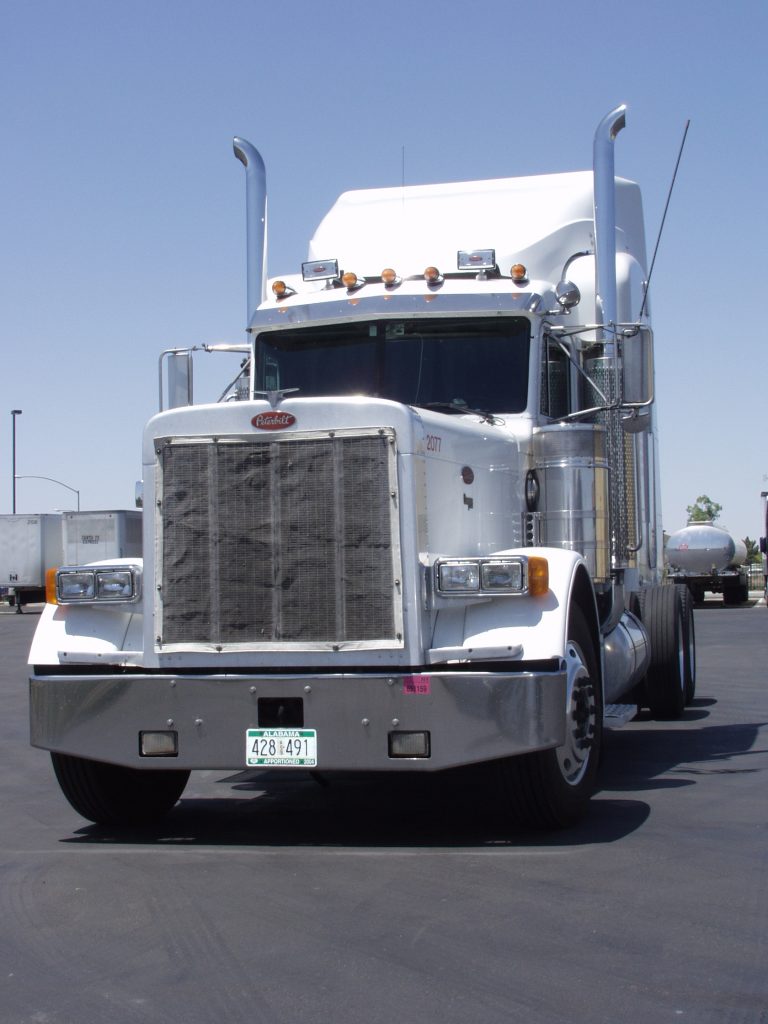
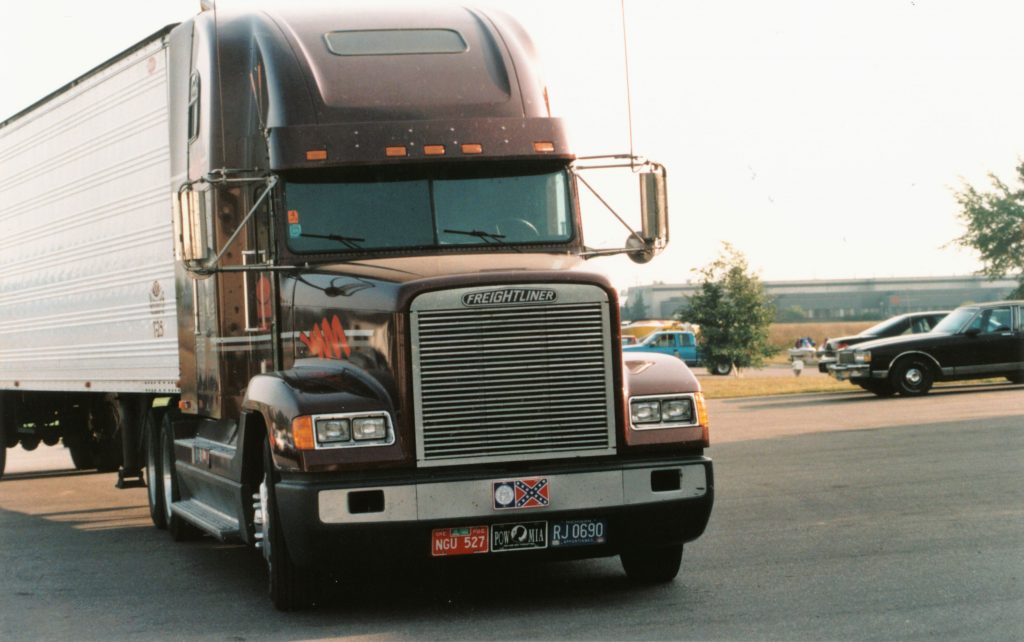 When a person is injured and left in a condition where they cannot handle their legal claims, their family may act on the incapacitated person’s behalf. If a family member is handling claims on behalf of the incapacitated, it is very important for them to find a good lawyer to help navigate the legal processes. The following appeal of a lawsuit arising out of New Orleans discusses what can occur when multiple lawsuits are filed as a result of disastrous injuries caused by an eighteen wheeler.
When a person is injured and left in a condition where they cannot handle their legal claims, their family may act on the incapacitated person’s behalf. If a family member is handling claims on behalf of the incapacitated, it is very important for them to find a good lawyer to help navigate the legal processes. The following appeal of a lawsuit arising out of New Orleans discusses what can occur when multiple lawsuits are filed as a result of disastrous injuries caused by an eighteen wheeler.